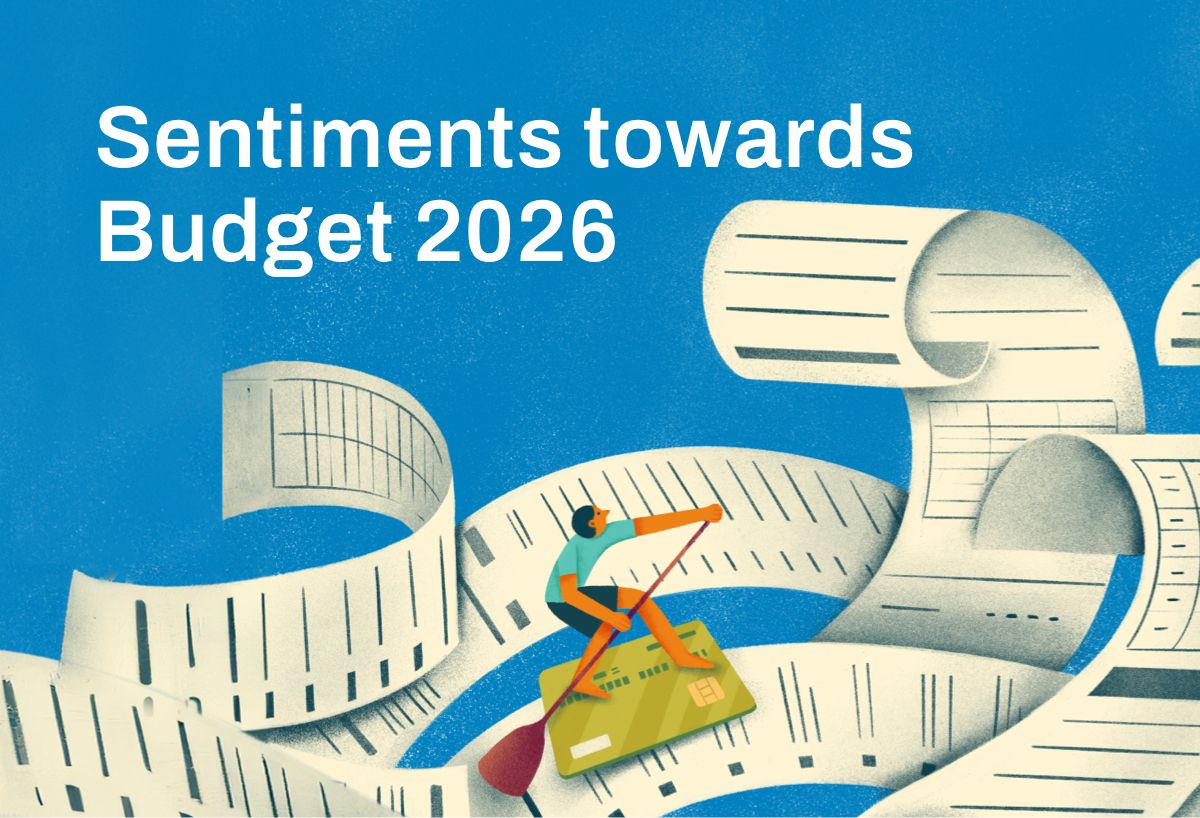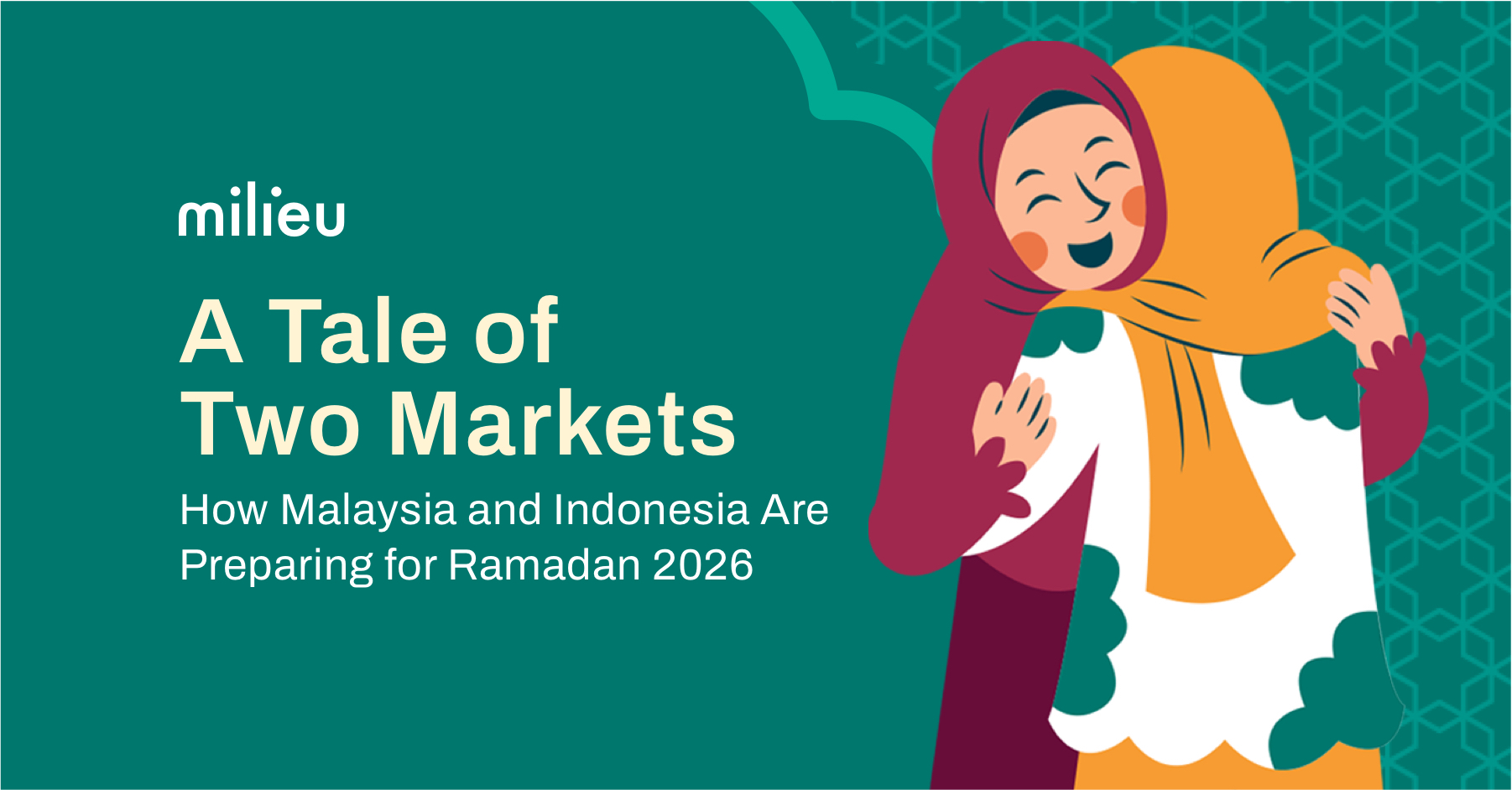Top Social Causes That Singaporeans Cared About in 2020

UPDATED: Check out what Singaporeans cared about in 2021
2020 was an extremely happening year - well, Covid-19, and a General Election that took place amidst this pandemic. Job losses, salary cuts and the economic downturn were of course, unfortunate problems that came with the pandemic, and weighed heavily on the minds of many Singaporeans.
Unsurprisingly, these “bread-and-butter” issues - job security and cost of living - jumped in importance during this year’s General Election. The new “normal” may mean more remote working, but job precarity also comes along with Zoom calls over dissolved global borders.
The author of this Rice Media article, Pan Jie, discussed the “myopic” ways in which many citizens and politicians view bread-and-butter issues - typically within the realm of economic health and even train breakdowns. Meanwhile, you find issues like LGBTQ+ rights and environmental causes often further down the priority list, because well, few people see the immediate link between #BYO and feeding mouths.
His point is clear: bread-and-butter issues go hand in hand with social issues - LGBTQ+ rights can affect the livelihoods of members of the LGBTQ+ community and their families; rising sea levels limit land space and the houses we can build.
We set out to understand further the place of social causes among people in Singapore, asking 1,000 respondents what causes they are most concerned about, and whether these causes have become more or less important to them in 2020.
Responses are segmented by the following age groups: Gen Z (16-23 year olds), Millennials (24-39 year olds), Gen X (40-55 year olds), Baby Boomers (56+ year olds).
What Singaporeans care about

With the ongoing pandemic, no doubt that health & disease came first as Singaporeans’ top concern. Mental health has also been discussed widely as people deal with work-related changes, social isolation and strained family relationships. Surprisingly, more than half of respondents are concerned about environmental issues. It was estimated that there was a 20% rise in takeaway orders weekly during Singapore’s Circuit Breaker (a part of which dine-ins were disallowed) and a 73% increase in delivered meals, further escalating the cumulation of waste from disposables.
By the time that this study was conducted in late November 2020, 60% indicated that they have made at least one donation (in terms of money or supplies), with the most going towards low-income or vulnerable groups. Compared to the year before, 37% said that they donated more in 2020 compared to the previous year, 41% donated the same amount and 22% donated less. This is despite 51% indicating that they have experienced a loss in income in 2020, showing that many Singaporeans are still looking out for one another in difficult times.
The ordeal of the pandemic has brought many issues to light, and so we zoomed into some of these top concerns that Singaporeans had in 2020, namely: 1) supporting local/small businesses, 2) mental health, and 3) environmental issues, to find out how much more or less important they have become to Singaporeans, and what Singaporeans are doing to tackle them.
Supporting local, small businesses more important in a pandemic-hit economy

In 2020, 60% felt that supporting local - especially small - businesses have personally become MORE important to them compared to the year before, especially among Baby Boomers.
What are Singaporeans doing to support these businesses? We measured this by 3 metrics:
- Consciously chose LOCAL brands over international brands
- Consciously chose to purchase from SMALL businesses over large businesses
- Purchased from home-based businesses

Among the four age groups, Baby Boomers register the highest percentage of those who had chosen to purchase from local or small businesses, perhaps due to the kinship that they have built with business owners over many years. Meanwhile, home-based businesses are especially popular among Gen Zs and Millennials, possibly due to their social media presence. While home-based businesses are not new to Singapore, they have come to prominence in 2020, as some turn to selling bakes and holding live auctions after many jobs were made redundant.
More staying in, more looking inward

In 2020, 72% felt that mental health issues have personally become more important to them, especially among Gen Zs and Millennials. While the topic of mental health has only been more widely discussed in recent years - especially among younger Singaporeans - more than half of Gen Xers and Baby Boomers felt that mental health issues have become more important to them.

At the same time that the pandemic has forced many to stay home, it has also given some the opportunity to learn more about themselves and their loved ones. Although many families and friends were kept physically apart, at least 70% across all age groups have made an effort to check in with their loved ones.
Gen Zs seem to be the most invested when it comes to mental health, with well over half of them taking active steps towards educating themselves and understanding more about their own and loved ones’ mental health. This is likely because younger people tend to be more open towards mental health issues - many believe that like physical ailments, mental health issues deserve appropriate treatment, and the way to remove stigma for seeking help is to be proactive and vocal about it.
Environmentalism remains an ongoing fight

One may think that the pandemic has been a distraction against the urgency to tackle environmental issues. However, at least two-thirds of Singaporeans think that such issues have become more important to them this year.

Almost three-quarters of respondents indicated that they have changed or adopted personal habits to become more environmentally-friendly, most commonly reducing the waste they produce and recycling. Interestingly, Gen Xers and Baby Boomers registered the highest percentage of those who had made lifestyle changes this year, perhaps signifying that environmental causes are no longer just the concern of youths and young activists (think: Greta Thunberg).
Bread-and-butter or not, Singaporeans tackle issues together
#SupportLocal, mental health and environmentalism are by no means new to us. While these issues have often been associated with Gen Zs and Millennials, we see here that older Singaporeans are too, recognising their importance and contributing in one way or another.
Beginning 2021 on a positive note, we are seeing a more empathetic Singapore and safe to say, we can look forward to more positive changes.
Enjoyed this article? Read more here about how Singapore and other Southeast Asian countries experienced the pandemic differently in 2020.
Milieu Insight is a celebrated survey software and market research agency in Singapore, renowned for delivering high-quality insights to businesses in the region.






